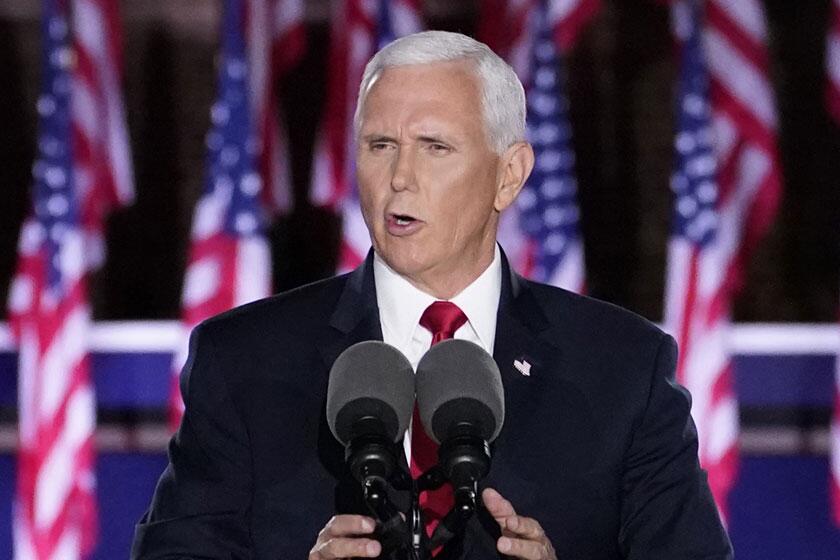Corporate boardrooms are becoming more politically polarized

- Share via
For all the hand-wringing among U.S. conservatives that companies are increasingly imposing their liberal social agendas on workers and customers, a new study finds that top executives have become more Republican, and C-suites more ideologically like-minded, over the last decade.
The share of Republican executives was 68% in 2020, up from 63% in 2008, according to a study from the National Bureau of Economic Research. The authors also found that in the same period executive teams have become about 8% more politically homogenous at Standard & Poor’s 1500 firms as measured by the teams’ breakdowns of registered Republicans and Democrats. In short: Where a boardroom may once have been filled by a mix of Democrats and Republicans, it’s now more likely to be predominately red or blue.
The political stance of corporations and their leadership is more contentious than ever following the Supreme Court’s decision to overturn Roe vs. Wade. Companies caught in the crossfire risk social and legal backlash for pledging to provide employees access to out-of-state abortion care. This year, Florida Gov. Ron DeSantis moved to scrap a special tax district used by Walt Disney Co. as punishment over the company’s public stance against a law that limits what teachers can say about homosexuality in the state’s classrooms.
The right wing is trying to turn environmental investing into a boogeyman, as it did with critical race theory.
Growing geographic divisions across the country have driven much of the country’s deepening political disconnection, with states like Texas and Ohio veering right and New York and California swerving left, according to the report. And yet, the study found that the rise in polarization among top executives is more than twice that of the general population of registered voters in the same states.
Elisabeth Kempf, one of the study’s authors and a professor of finance at Harvard Business School, said she was surprised by the magnitude of the shift.
“We’ve seen more political homogeneity within families and certain social groups, but seeing this among such high-level decision-makers in large public companies — it’s kind of surprising, especially because there’s been a big push toward increasing diversity on other dimensions in the C-suite,” she said.
It’s an open question whether corporate chiefs are making the explicit choice to work with Republicans or whether the trend is more indirect.
“Is it really that executives have a preference for working with politically like-minded individuals? Or is just that they’re selecting into certain companies, industries, certain geographies,” Kempf said.
Another open question: how polarization informs businesses’ decision making.
“You could say more homogeneity is bad because you’re increasingly making decisions in silos,” which can lead to skewed reasoning, Kempf said. “On the other hand, you could also say more homogenous teams disagree less and so they can work together better — there’s no deadlock.” If they can’t agree on anything, like Congress, they might not get anything done.
The report argues the widening red-blue divide is bad for investors, pointing to evidence that it can weigh on companies’ stock performance. Shares suffer more when an executive who doesn’t share the majority political view of her colleagues leaves a company than when an ideologically aligned leader departs, the study found. The report also notes that executives in the political minority are 24% more likely to leave than their counterparts in the majority.
“The increasingly partisan work environment has negative consequences for firm value,’’ the authors wrote. “Shareholders of public U.S. firms should be concerned about the trend toward greater partisanship.’’
More to Read
Inside the business of entertainment
The Wide Shot brings you news, analysis and insights on everything from streaming wars to production — and what it all means for the future.
You may occasionally receive promotional content from the Los Angeles Times.











